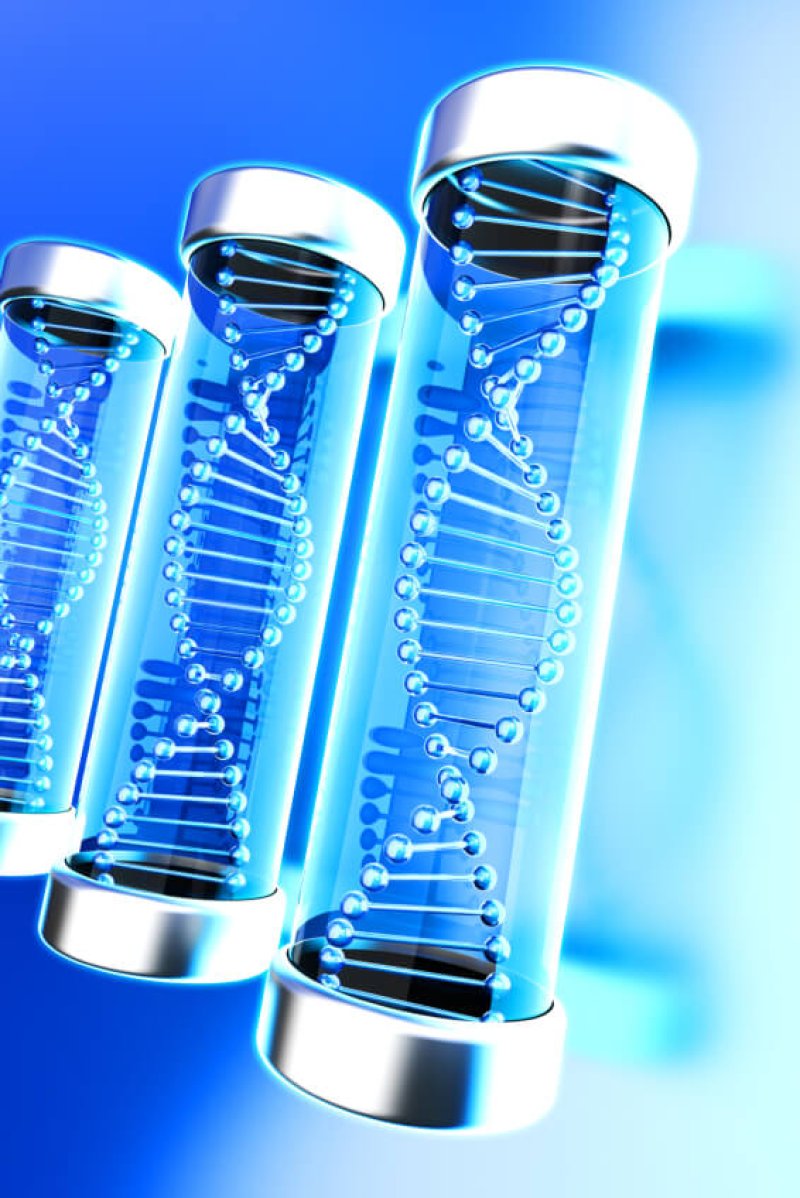The GLP aggregated and excerpted this blog/article to reflect the diversity of news, opinion and analysis.
When a person’s time on earth has passed, there are many options for what to do with the pieces of them that remain. There’s burial, cremation or even turning them into compost. And now, if you’re scientifically-minded, there’s DNA sampling.
Securigene, a Canadian biotech company, thinks you should be preserving the DNA of your loved ones to “celebrate life in its purest form,” but also to provide insights into your generic make-up should you want to analyze that DNA in the future.
“There isn’t anything else on the market that truly captures the full essence of a person besides DNA preservation,” Alex Wong, the company’s vice president of business development, told me “Our DNA really makes up who we are.”
There is, of course, a creepy dark side to choosing to preserve grandma’s genetics when she can’t weigh in on the decision—her DNA might reveal stories that she’s no longer around to tell and would really prefer not to. Often, people are surprised by revelations about traits like ethnicity when they test their own DNA. Sometimes DNA testing tears families apart.
But most people who preserve DNA through Securigene intend it in memorial, and the company sells it as such.
Read full, original post: The new funeral tradition: Taking a DNA sample































